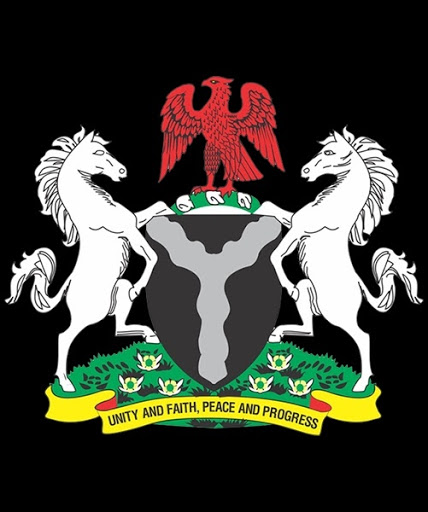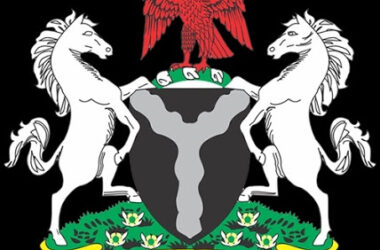Nigeria has recently secured a significant loan from the World Bank, a development poised to inject much-needed capital into the nation’s infrastructure and social programs. This financial boost arrives at a critical juncture, as the country grapples with infrastructural deficits and seeks to bolster its social safety nets to support a growing population. The specifics of the loan agreement, including the total amount, repayment terms, and designated areas of investment, are currently being finalized, but the potential impact on the lives of millions of Nigerians is already generating considerable discussion.
For years, inadequate infrastructure has been a major impediment to Nigeria’s economic growth. Poor road networks hinder trade and movement, unreliable power supply stifles industrial activity, and limited access to clean water and sanitation affects public health. This new World Bank loan offers a glimmer of hope for addressing these long-standing challenges.
It is anticipated that a substantial portion of the funds will be directed towards critical infrastructure projects. This could include the rehabilitation and expansion of existing transportation networks, such as roads, railways, and ports, facilitating smoother movement of goods and people across the country. Investments in power generation and distribution could lead to a more stable and reliable electricity supply, a crucial element for businesses and households alike. Furthermore, projects aimed at improving access to clean water and sanitation facilities could significantly enhance public health outcomes, particularly in underserved communities.
Beyond infrastructure, the loan is also expected to have a significant impact on Nigeria’s social programs. With a large segment of the population living in poverty, strengthening social safety nets is paramount. The World Bank funding could be channeled towards expanding existing social intervention programs, such as cash transfer initiatives, food assistance, and support for vulnerable populations. Investments in education and healthcare infrastructure are also likely to receive a boost, potentially leading to improved access and quality of services for citizens. These social programs play a vital role in reducing inequality, empowering communities, and fostering human capital development.
However, the acquisition of this loan also comes with its share of challenges and crucial considerations. Ensuring transparency and accountability in the utilization of these funds will be paramount to avoid the pitfalls of mismanagement and corruption that have plagued similar initiatives in the past. Robust monitoring mechanisms and stringent oversight will be necessary to guarantee that the funds are used effectively and for their intended purposes. Moreover, the terms of the loan agreement, particularly the interest rates and repayment schedules, will need careful management to prevent the country from accumulating unsustainable debt burdens in the future.
The Nigerian government faces the significant task of translating this financial opportunity into tangible improvements in the lives of its citizens. Strategic planning, efficient execution of projects, and a commitment to transparency will be key determinants of the loan’s success. Collaboration between government agencies, the private sector, and civil society organizations will also be crucial to ensure that the projects are implemented effectively and that the benefits reach the intended beneficiaries.
In conclusion, the fresh World Bank loan represents a significant opportunity for Nigeria to address its pressing infrastructure needs and strengthen its social programs. If managed effectively and transparently, this financial injection has the potential to spur economic growth, improve the quality of life for millions of Nigerians, and contribute to the country’s long-term sustainable development. The coming years will be critical in observing how these funds are utilized and the extent to which they translate into real and lasting positive change across the nation.
Nigeria is indeed set to receive a substantial loan from the World Bank in 2025, totaling $2.2 billion, earmarked for six key projects aimed at strengthening economic resilience, education, health, and digital infrastructure. This financial package is a significant development with the potential to impact both infrastructure and social programs across the nation.








